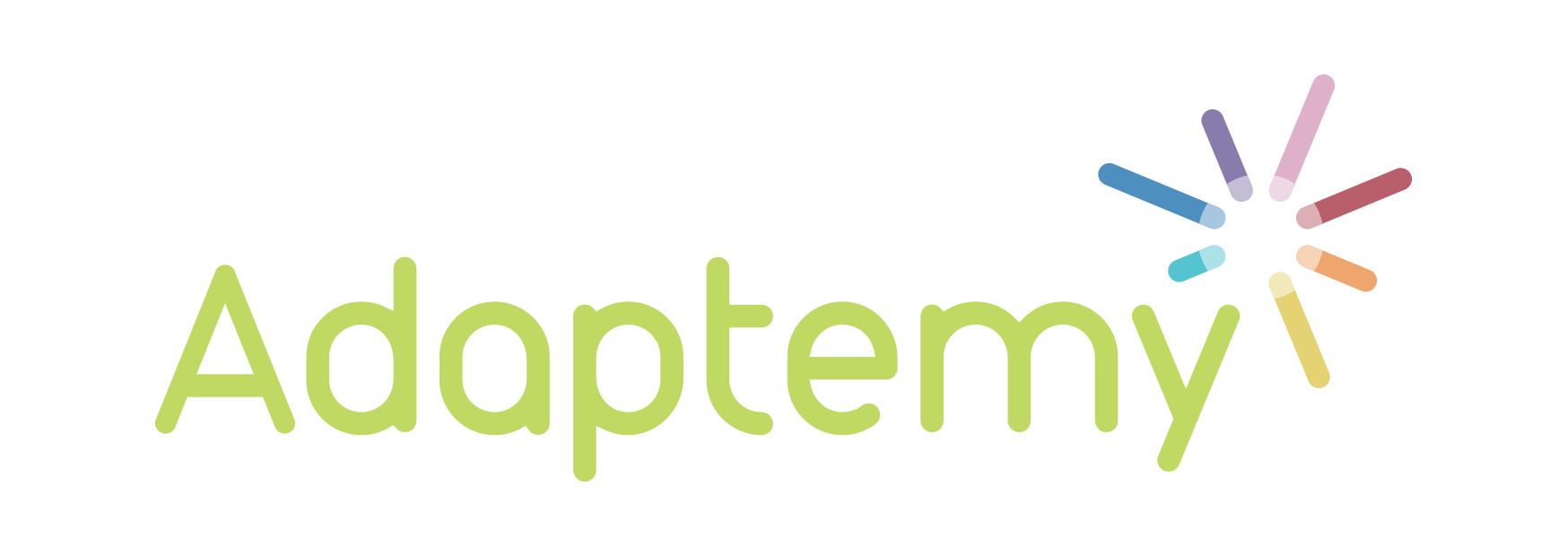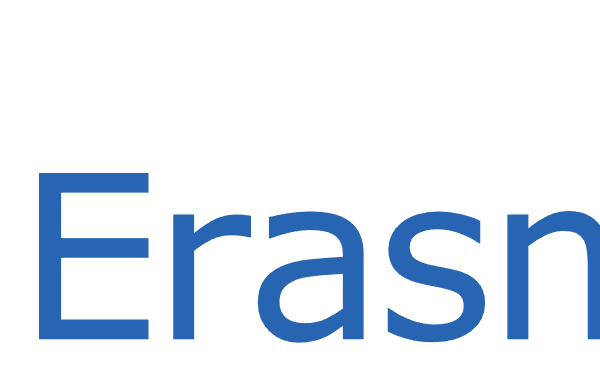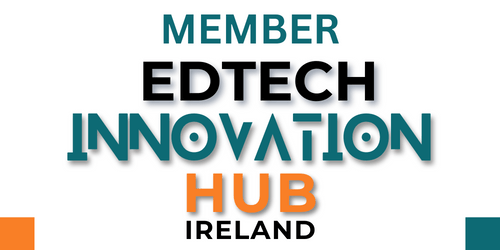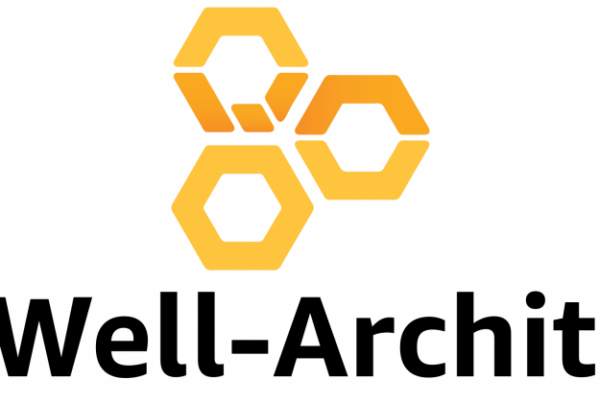
Over the past two decades we have seen the rise and fall of Edtech organisations and trends, from content rich CD roms, to text-heavy learning resources, to ebooks, and now finally we have seen the progression to adaptive solutions. Leveraging the expertise of publishers, while optimising the learner’s experience, Adaptive Learning has unlocked a scalable way to future-proof revenues and open up additional markets.
With year-on-year growth of 17% predicted for Adaptive Learning solutions, understanding where to begin, and what the impact on your business will be, can be overwhelming.
With this in mind, we have identified three key drivers where Adaptive Solutions can enable your business to grow. These are: future-proofing revenues, opening additional revenue streams, building a market differentiator and brand value. Below we will discuss the insights from three very different publishers and how they have achieved results using Adaptive Learning Solutions.
Raabe, Slovakia – Reinvigorating Business
Textbook publishing in Slovakia is driven by a government tender process and price-points are low. There is no teacher discretion, as textbooks are purchased centrally by the government for all schools.
However, the real market opportunity is in the workbook space. Publishers compete for each school and teacher, with a wide range of products in the market, from low-cost workbooks to more differentiated offerings.
Wanting to reinvigorate the business with a new, sustainable offering, Raabe choose to invest in adaptive learning technologies. After signing with Adaptemy in June 2017, Raabe was live with a state-of-the-art digital workbook by September, delivering the most advanced tool of its kind to the Slovakian marketplace and marking the company out with a key differentiator.
Before initiating this project, Raabe was fighting to be noticed. Differentiation was key and reinvigorating the business was essential for survival. Now, while competitors watch their margins erode on book sales, Raabe has reinvigorated their brand and has an adaptive learning tool that enhances the classroom. They’ve embellished their product base with a sustainable, insightful product that is already reaping rewards.
Folen Publishers, Ireland – Monetising digital products
Folens Publishers, Ireland’s largest educational publishing company, are familiar with digital territory. Having successfully released multiple digital products to market over the previous 10 years, the publisher was aware of changes in the classroom and the potential of digital in schools.
The trouble was, digital was increasingly a free supplement to print sales. The market now assumed that all digital was a low-value bundled product. This did not provide a basis for investment in innovative learning solutions. How could Folens successfully monetise a digital product and prove a sustainable business model?
Prior to approaching Adaptemy, Folens had built several digital products such as ebooks, resource banks and interactive whiteboard portals. But each had commercial drawbacks.
- Interactive whiteboard products are provided free if the textbook is adopted.
- Resource banks are designed as free supplements to complement the textbook.
- Efforts to make ebooks commercially viable were impossible after competitors in the market set the expectation that they, too, should be given free on the adoption of print textbooks.
How could Folens craft a digital product that could be monetised, that would be sustainable and viable, and so drive innovation and future investment in digital solutions?
To be sustainable, a digital product needed to justify itself in the market. It needed to be effective, with demonstrable improvements in learning outcomes. And it needed to be easy to adopt so that all teachers (not just early-adopters) could use it in their classrooms.
Harnessing the experience and expertise of Adaptemy, Folens was able to confidently move towards an adaptive learning solution that would give them a monetised, digital competitive edge.
Today, Folens is ahead of the competition in terms of market knowledge and a digital offering. With insight from the solution, the team can control digital costs and predict sales and next-level offerings.
Aula Planeta, Spain – Strengthening digital solutions to stand out
Aula Planeta is a digital-only education company; an established seller of premium digital resources with particular success in the semi-private and private schools sectors. Its strategy is to build its educational and pedagogical expertise and its brand to disrupt the textbook-centric incumbents.
Competitors had offered weak digital solutions as supplements to print, but any attempt to offer sophisticated digital solutions had failed in the market or never passed pilot stage.
Planeta recognised that to succeed, it would need a comprehensive and innovative solution, with carefully proven effectiveness. The solution would need innovative pedagogy, premium digital resources and, most importantly, adaptive learning technologies.
Those adaptive learning technologies made Planeta the first company to successfully launch an adaptive learning solution to the Spanish market. Just over a year later, Aula Planeta launched the adaptive learning solution project in Mexico and is currently integrating the Adaptemy engine into their whole school offering. The business is on track to hit its ambitious 2021 digital revenues.
With the potential to differentiate publishers from their competitors, establish their place in the classroom, all while generating new revenue streams, it should come as little surprise that a recent Gartner report declared adaptive learning as one of the top 10 strategic technologies impacting education.
Get in touch to find out how adaptive learning and how Adaptemy can work with you.




